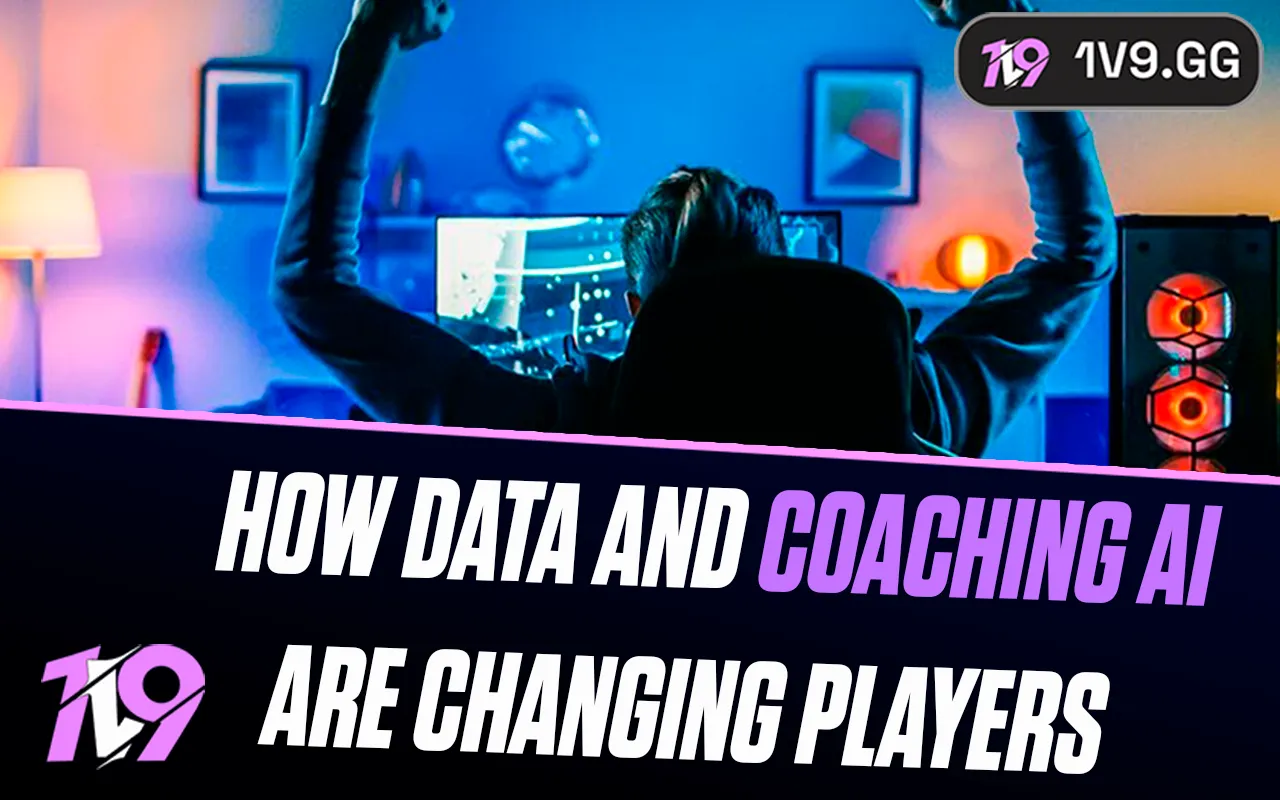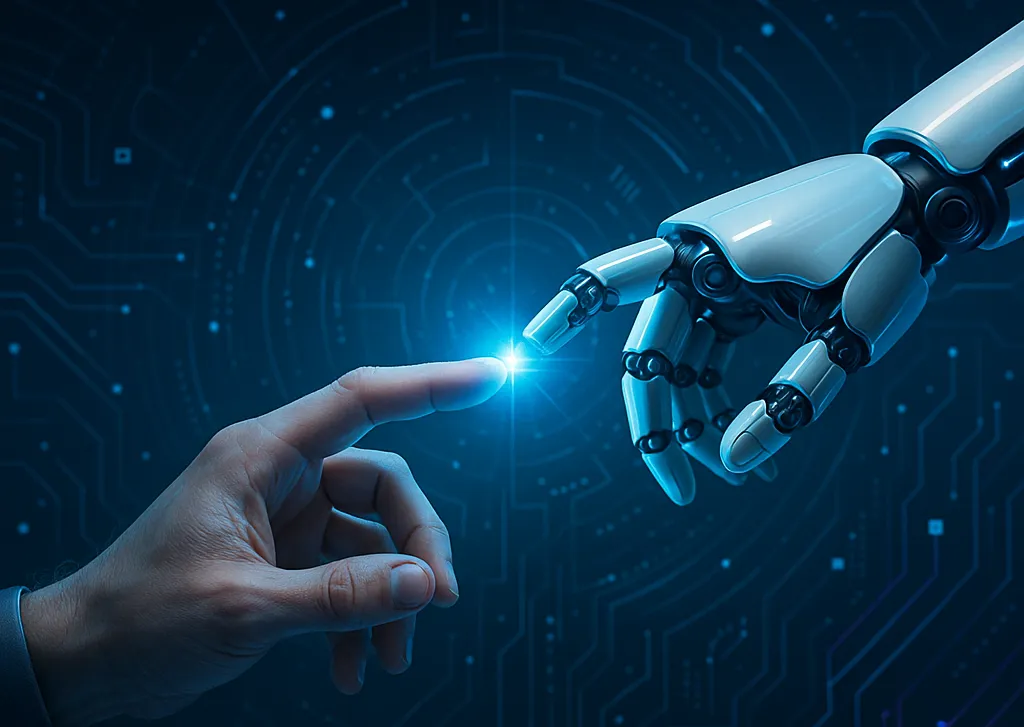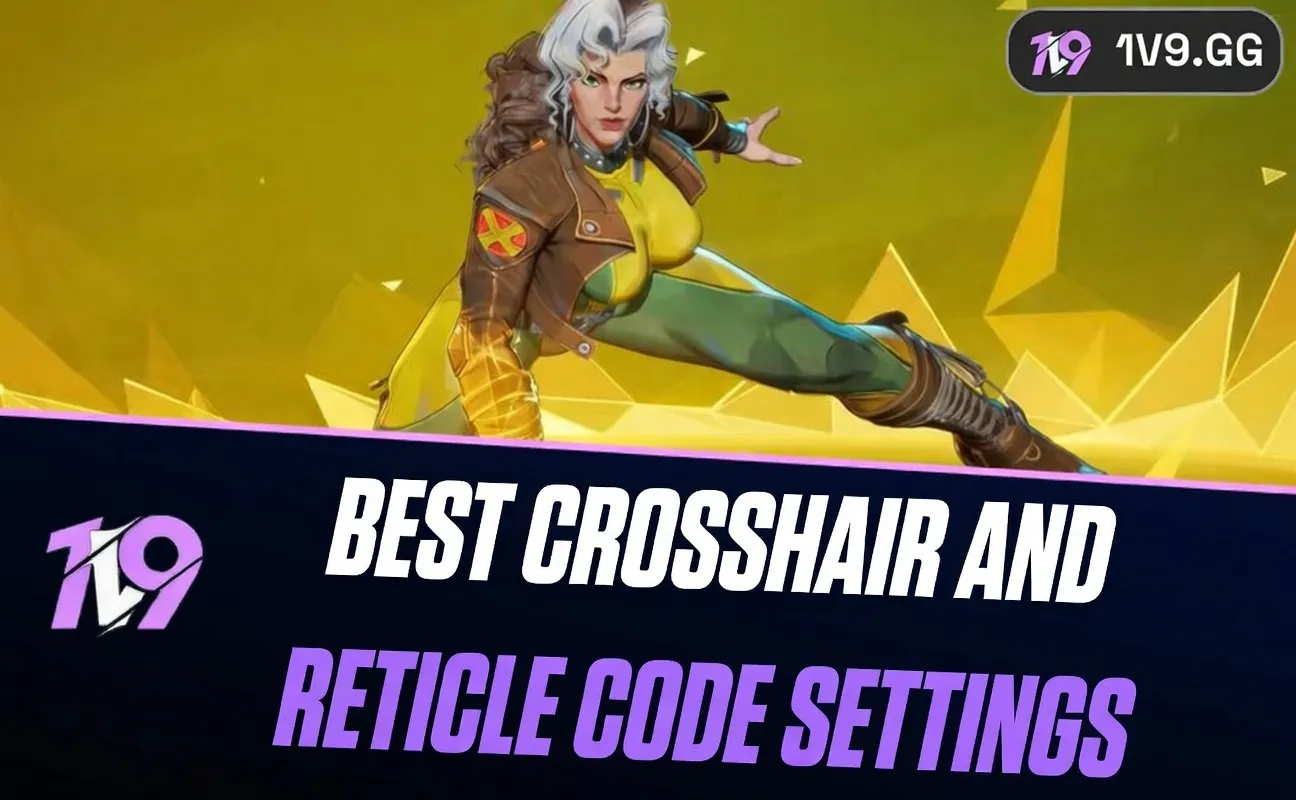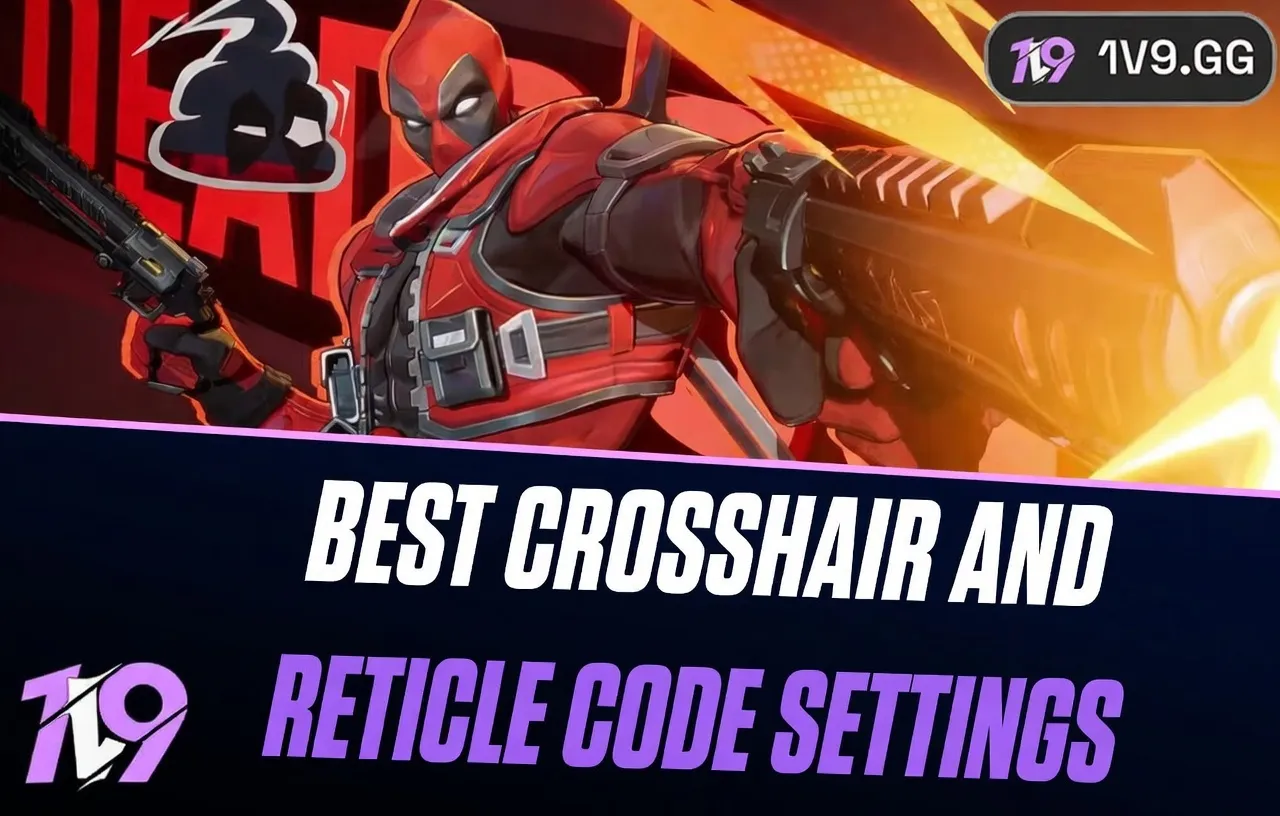- Home
Games
 League of Legends
League of Legends Valorant
Valorant-a6d5b3e156bb.webp) Fortnite
Fortnite Call of Duty
Call of Duty Clash of Clans
Clash of Clans GTA 5
GTA 5 Counter-Strike 2
Counter-Strike 2 Roblox
Roblox Rainbow Six Siege
Rainbow Six Siege Clash Royale
Clash Royale Minecraft
Minecraft Dota 2
Dota 2 Rocket League
Rocket League Genshin Impact
Genshin Impact Squad Busters
Squad Busters Rust
Rust Apex Legends
Apex Legends Pokemon Go
Pokemon Go XDefiant
XDefiant Hay Day
Hay Day LoL: Wild Rift
LoL: Wild Rift Diablo 4
Diablo 4 FC 25
FC 25 Destiny 2
Destiny 2 World of Warcraft
World of Warcraft Marvel Rivals
Marvel Rivals The Finals
The Finals Deadlock
Deadlock-9ede9dc6b01b.webp) PUBG Mobile
PUBG Mobile Forza Horizon 5
Forza Horizon 5 Growtopia
Growtopia Honkai: Star Rail
Honkai: Star Rail Warframe
Warframe 8 Ball Pool
8 Ball Pool Zenless Zone Zero
Zenless Zone Zero Runescape 3
Runescape 3 Path of Exile
Path of Exile Raid: Shadow Legends
Raid: Shadow Legends Lost Ark
Lost Ark Summoners War
Summoners War WoW: Classic Era
WoW: Classic Era WoW: Season of Discovery
WoW: Season of Discovery WoW Cataclysm
WoW Cataclysm WoW: Hardcore
WoW: Hardcore Throne and Liberty
Throne and Liberty Escape From Tarkov
Escape From Tarkov New World
New World Mobile Legends
Mobile Legends Blade Ball
Blade Ball Path of Exile 2
Path of Exile 2 Fisch
Fisch Pet Simulator 99
Pet Simulator 99 Pets Go
Pets Go-d8bcef7708c7.webp) One Piece Bounty
One Piece Bounty Anime Adventures
Anime Adventures Blox Fruits
Blox Fruits Adopt Me
Adopt Me Murder Mystery 2
Murder Mystery 2 Fragpunk
Fragpunk Wuthering Waves
Wuthering Waves Free Fire
Free Fire Teamfight Tactics
Teamfight Tactics Albion Online
Albion Online Black Desert Online
Black Desert Online Brawl Stars
Brawl Stars Honor of Kings
Honor of Kings Arena of Valor
Arena of Valor Call of Duty: Mobile
Call of Duty: Mobile Rematch
Rematch Steal a Brainrot
Steal a Brainrot Grow a Garden
Grow a Garden FC 26
FC 26 Plants vs Brainrots
Plants vs Brainrots Old School Runescape
Old School Runescape Overwatch
Overwatch Battlefield
Battlefield Arc Raiders
Arc Raiders Dragon Ball Legends
Dragon Ball Legends Fallout 76
Fallout 76 Jailbreak
Jailbreak Type Soul
Type Soul GPO
GPO DonutSMP
DonutSMP Escape Tsunami For Brainrots
Escape Tsunami For Brainrots Watcher of Realms
Watcher of Realms Roblox Rivals
Roblox Rivals 2XKO
2XKO- Lootboxes
- Become Affiliate
- Blog
- Contact Us
- Sign In

How data, coaching, and AI are changing the way players compete?
Esports keeps changing faster than anyone expected. What started as small online battles between friends has grown into a global industry with huge tournaments, packed arenas, and millions of viewers watching every move. And underneath all that hype, something more interesting is happening: gaming data, AI coaching, and better digital competition tools are quietly transforming how players train, learn, and compete.
Some players describe it like this: “It feels like the game is studying me as much as I’m studying it.” That line is surprisingly accurate.
https://radiowarszawa.com.pl/kosciol-a-sztuczna-inteligencja/
Data: The New Weapon Every Player Uses
Not long ago, you played, you won, you lost, and that was it. Stats were simple. But modern games track everything—sometimes more than players expect.
At this point, gaming data includes things like hourly active users, match outcomes, and heat maps of player movement.
- Build a habit of uniform performance across the whole match.
- Patterns of motion paired with chosen routes
- See which zones players occupy the most, displayed as a heat map.
- Tracking reaction times of a player as each scenario unfolds
- How well you wield skills, manage timing, and judge outcomes.
- Mistakes that keep cropping up from one game to the next
Look closely; the next detail will blow your mind. Many gamers are surprised by the sheer amount of match data they generate until they open the dashboard.
Why does this matter? Because data removes guesswork. A player might think their aim is the main issue when the numbers show something else, like poor positioning or slow decision-making. Real improvement starts when a player knows the real problem.
As global competition expands, so does the need for protection. Professional gamers often train or compete across servers in multiple regions, where internet access and data routes can differ widely. Here, tools like VeePN VPNs step in—not for entertainment, but for security. By encrypting connections and masking locations, VPNs safeguard sensitive gaming data from interception and ensure fair play during international matches.
AI Coaching: Like Having a Smart Friend Who Never Sleeps
Even if AI coaching feels like sci‑fi, gamers are already putting it to work each day. These systems review matches, highlight mistakes, and suggest improvements—all in plain, simple language.
What AI coaching brings to the table
- It calls attention to the routines you overlook.
- It compares your actions to top-tier strategies.
- Look at how those selections proved both hazardous and unproductive.
- It creates simple training plans based on your weak spots.
- It functions at any time, in any place, no matter your skill.
For experienced players, the value is even greater. AI reviews thousands of patterns across many matches, something a human coach simply can’t do at the same speed.
Some platforms report 20–30 percent faster improvement for players using AI-based training routines. Results vary, but the overall message is clear: AI coaching is becoming a normal part of esports.
One competitor put it perfectly:
“It doesn’t care how good you think you are. It shows you how good you actually play.”
Digital Competition: Tournaments Without Borders
Digital competition has exploded. Players no longer need to travel across cities—or countries—to participate in a serious event. From your living room, you can watch brackets, chat, and compete.
These platforms handle:
- Setting match times
- Building a bracket
- Watch your points climb in real time
- Game integrity tests
- Player standings
- Communication devices
- Manage your crew with built‑in scheduling, role definition, and real‑time feedback
As a result, a wider crowd—especially the younger crowd—gets a chance to compete in formal tournaments earlier. And because the platforms collect detailed performance stats, hidden talent gets discovered more often.
A brief mention must be made again: VPN connections are also key for those training online with such advanced systems. VPN services such as VeePN maintain secure communication channels between players and analytical servers. This is critical when dealing with proprietary data or team strategies.
This is one reason esports viewer counts passed 540 million in 2024—more players watch when more players participate.
When Data, AI, and Competition Tools Combine
You’ll find data useful, AI coaching supportive, and tournament platforms rewarding individually. As a pair they put together a training ecosystem that covers every need.
You’ll usually see a loop set up like this.
- In the virtual arena the gamer goes head to head with others.
- Our tournament system records every game’s data automatically, so nothing is missed.
- It runs through the information, pulling insights.
- Your AI coach looks over the data and puts together a training program that fits your needs.
- Practicing the coach’s tips, the player sharpens technique with each session.
- After the AI measures gains, it fine tunes the strategy, then the cycle starts over.
The routine moves fast, adapts to you, and proves extremely useful. Human coaches remain essential because they grasp teamwork, feelings and how people talk, while AI steps in for the routine and granular analysis.
The shift to fully digital play means that players lacking access to live matches or local groups can still develop pro level abilities from home.
Players Are Becoming Smarter, Not Just Faster
Something different is taking shape today. players are learning to think more like analysts. They understand terms like “decision efficiency,” “risk profiles,” or “engagement timing.” Ten years ago, most casual players never said things like that. Today, it’s normal.
Technology has reshaped how we think in several ways
- Players are checking their replays more frequently, catching details they missed.
- They mix and match drills, echoing the way athletes fine‑tune their routines.
- Data guides them; feelings take a back seat.
- They stick to a set of well planned steps for getting better.
- Strategy gets the spotlight; the mechanics take a back seat.
You’ll notice esports share the same kind of discipline and preparation you see in conventional sports, even though the physical demands are quite different.
The Future: More Tools, More Access, More Possibilities
You can feel tech accelerating every day. If anything, we’re perched on the edge of a sweeping transformation, and the real work is only getting started. Over the next few years, we’ll see:
- Sharper performance dashboards
- Virtual coaches that sound just like a person
- Online tournaments with integrated team metrics
- Training tracks built for each role, no matter the game.
- Catching fresh talent before it fades
- Competitions across the globe that seamlessly adapt to each user’s language and region.
The biggest plus? It’s easy to reach. Training that used to require expensive setups or elite teams is now available to almost anyone with a decent PC and a stable connection.
Final Thoughts
We’re watching esports evolve in real time. With data, players can see exactly what’s happening. AI coaching supplies practical advice. Digital competition opens doors for them. These tools, used together, reshape the way we learn, play, and grasp the games we cherish.
Folks often compare early progress to groping around in total darkness. Grab the right gear and suddenly the route becomes easy to follow.
Posted On: November 27th, 2025
Recent Articles
💬 Need help?
Our 1v9 support team is available 24/7 to help you with any questions or issues you may have.
support@1v9.gg
Loading...
1v9.gg is not endorsed or affiliated by any game developers or publishers.
2025 1v9, All Rights Reserved, Created By NightDev






